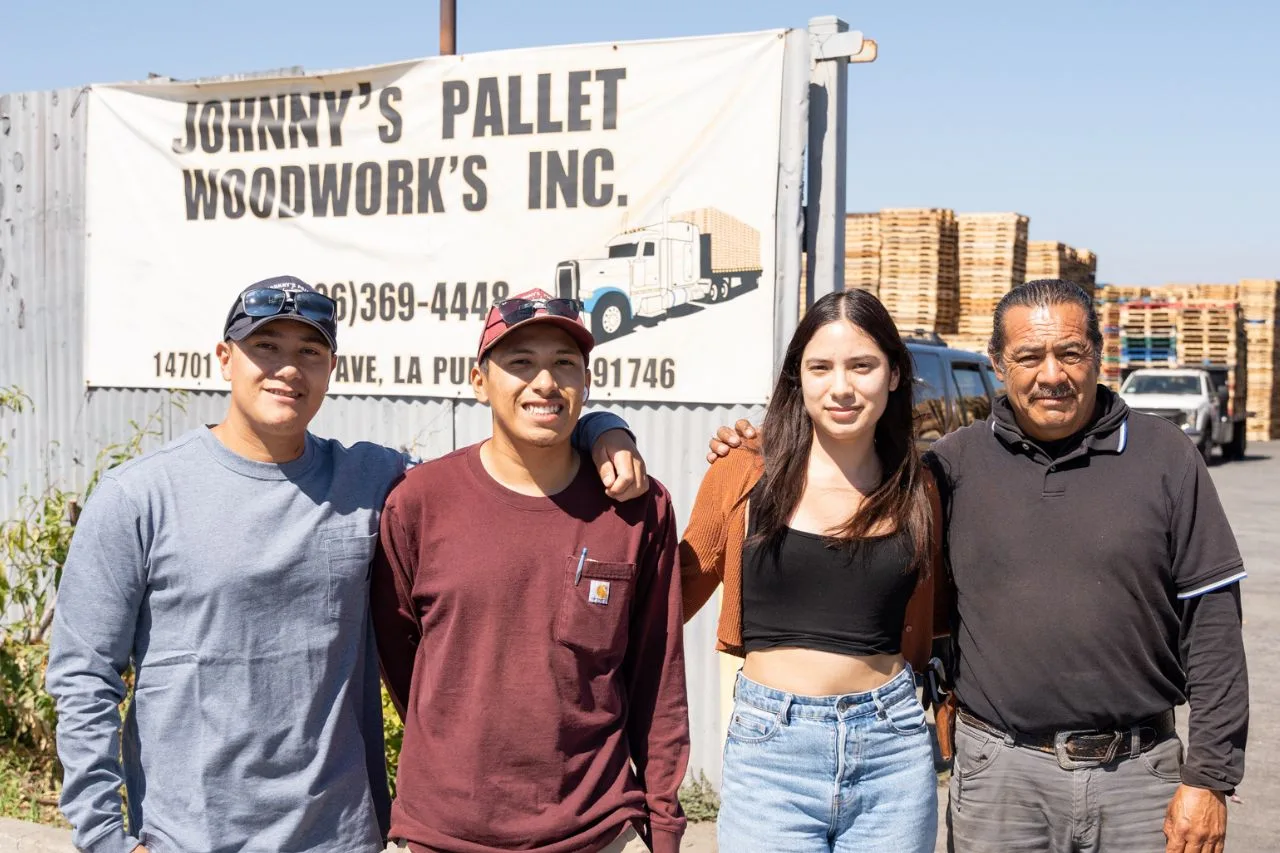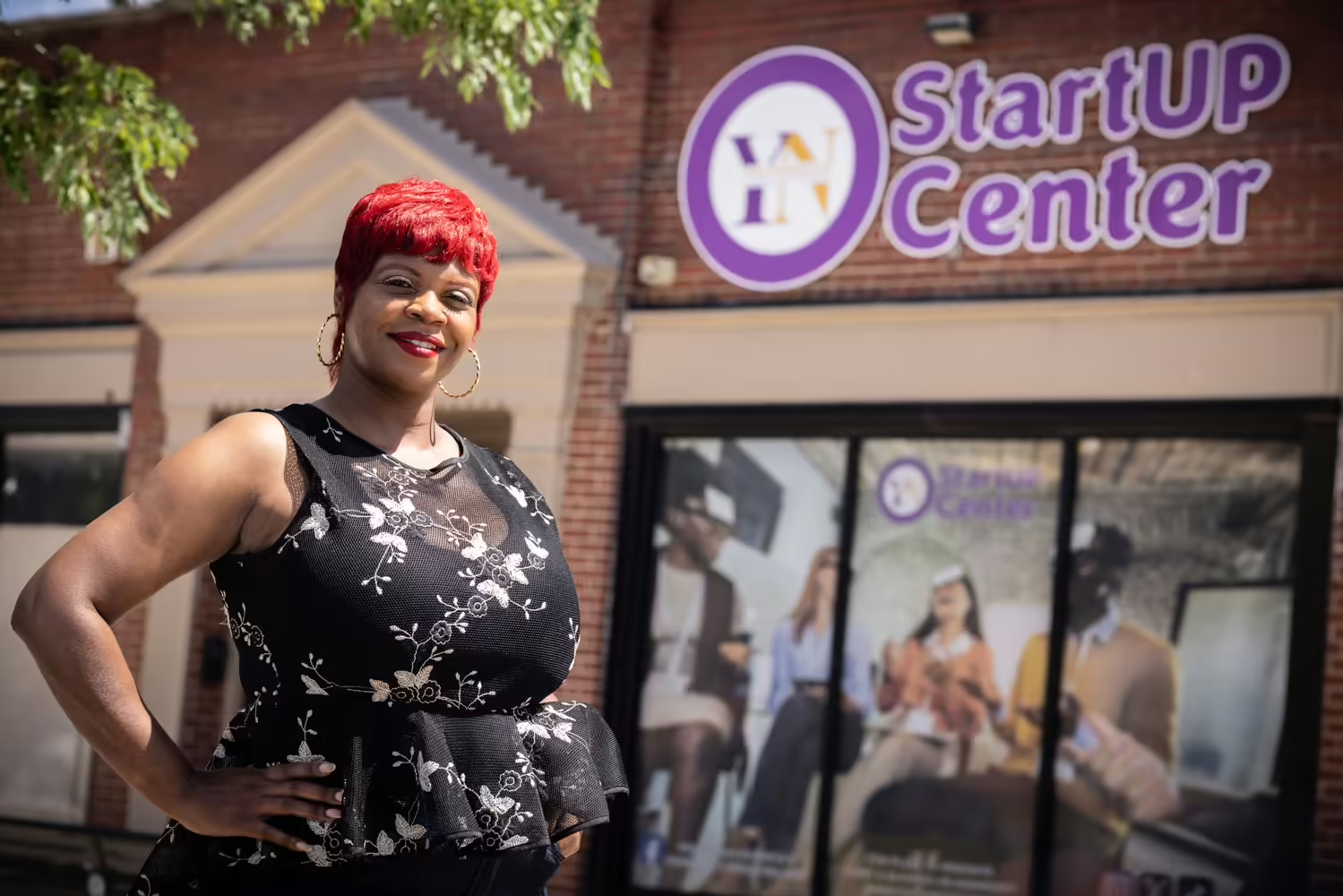African American Woman Entrepreneur Perseveres to Grow Flavorful, Successful Small Business
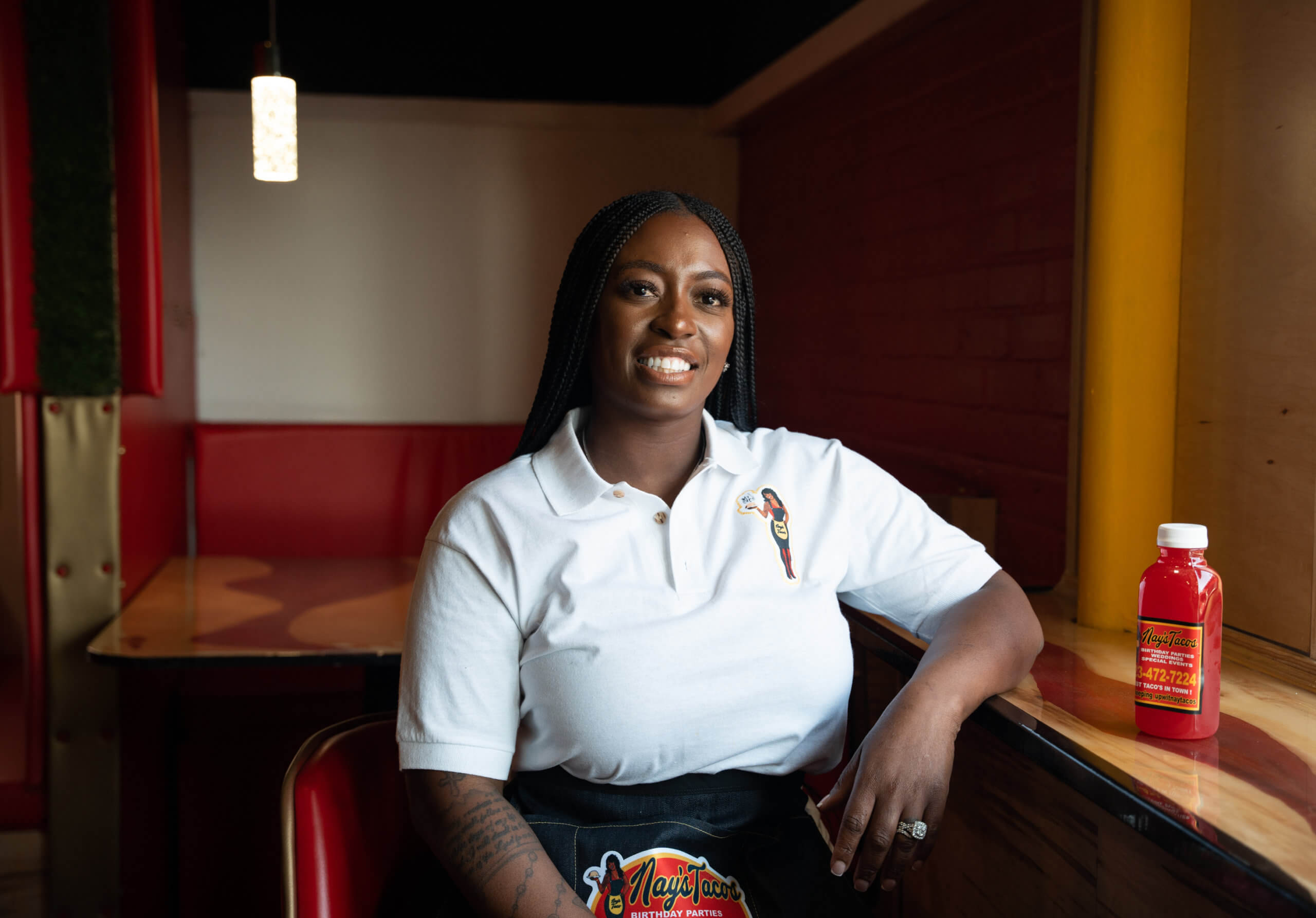
February is Black History Month in the United States, an opportune time to celebrate the small business achievements of African American entrepreneurs who help create strong, healthy, and vibrant communities.
Sometimes all an entrepreneur needs to kick-start a successful small business is a simple compliment.
In 2010, Naleisha “Nay” Webb was living where she was born – in Watts, a vibrant community in south Los Angeles where the traditional financial industry policies have reinforced racial inequality. Nay loved to grill tacos for her kids in the front yard. Neighbors stopped by and were routinely invited to share a bite. They raved about the flavors.
Heartened by the neighborhood reviews, Nay decided to leave her minimum-wage security job to take her great flavors out to the community. Outfitted with just her grill on wheels, spatulas, and spoons but a variety of fresh meats and all the taco fixings, she rented a small space at a local carwash and began to sell her savory food to customers passing through. Nay’s Tacos was born.
“I know how to make something out of nothing,” she said.


A Model of Perseverance
To be clear, Nay is the model of perseverance. Although her taco sales at the carwash were modest, she scraped together enough money to buy a few billboards in the neighborhood, which increased visibility and attracted the attention of several customers who hired her to throw large, private parties. As a result, her monthly revenue soon doubled.
Sensing that a change of location would benefit her growing small business, Nay got approval to set up shop outside a popular corner barbershop. Sales climbed further, and she used the extra money to reinvest in upgraded cooking equipment. But she often worked seven days a week and long hours. If she was going to make the next leap in growth, something had to change.
A sympathetic friend encouraged Nay to apply for minority contractor status with the Los Angeles County Parks and Recreation department. It didn’t take long before the demand for her delicious food (expanding into burgers, burritos, and salads) began to increase in conjunction with summer park programs. With the substantial jump in revenue, she was able to hire employees and buy more grills and the capstone piece of equipment – a catering truck.
At this point, Nay’s business income doubled once more, and the number of parks she was servicing doubled. Needing another catering truck to meet her client’s need, she shared her challenge with a friend who worked at a local newspaper and happened to know Marsel Watts, a senior business advisor with small business lender CDC Small Business Finance.
Reluctant to call at first, Nay finally reached out to Marsel, who opened the door to financing options through the Small Business Administration (SBA).
“It quickly became apparent that Nay was underestimating her income and that she could get a loan that would allow her to buy a new truck,” said Marsel. “I could tell she was a hard worker and ambitious.”
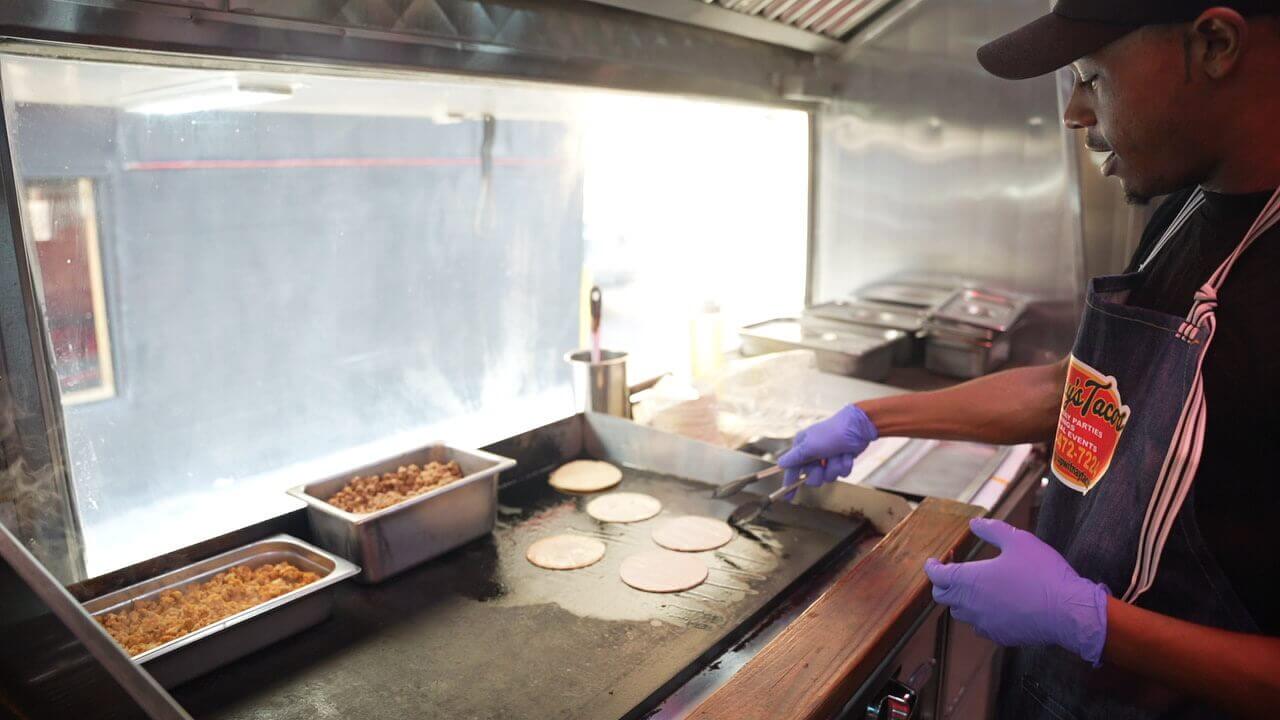
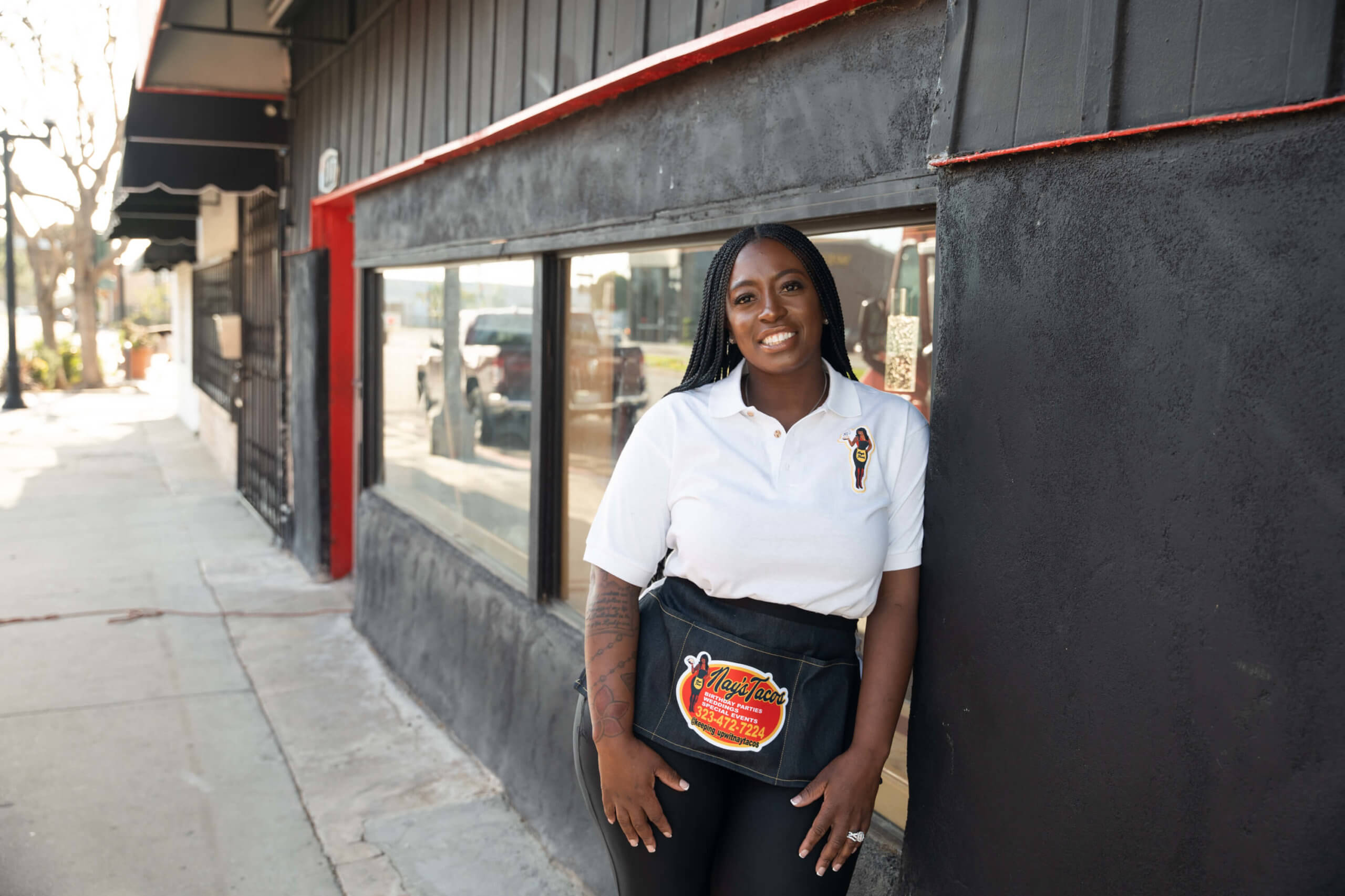
Getting Financial House In Order to Tap Valuable Financing
Before Nay could apply for an SBA Community Advantage loan, she needed to get her financial house in order. Marsel assisted Nay with her financial projections and then referred her to a certified public accountant who, in quick order, produced accurate tax returns, a profit-loss statement, and a balance sheet for the business.
“When Nay got the call that she’d been approved for the loan, she was ecstatic,” recalled Marsel. “She was fun to work with; she trusted me. She is driven to take her business to the next level and beyond.”
SBA mission-based lenders like CDC Small Business Finance have additional credit leeway to mitigate the risk of providing loans to entrepreneurs with little credit history, like Nay. Traditional banks often deny such small business owners outright, particularly those in the restaurant industry.
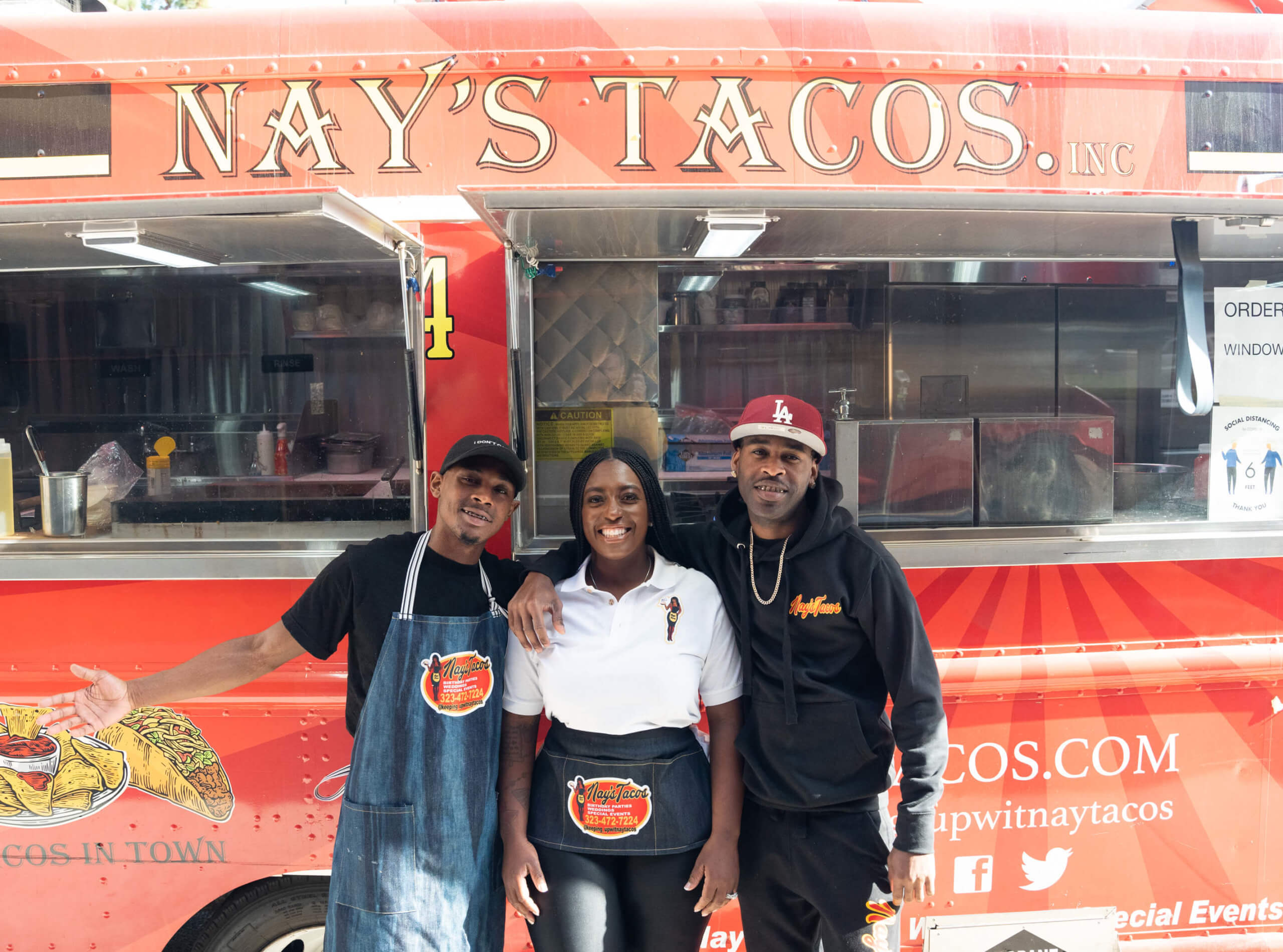
As envisioned, with the new loan proceeds in hand, Nay bought a second catering truck and hired more employees. Then the Covid-19 pandemic came along, and business came close to a screeching halt. Contract jobs dried up, and Nay was faced with inevitable staff layoffs. Persevering, she returned to CDC Small Business Finance, which helped her secure an SBA Payroll Protection Program (PPP) loan to ride out the most challenging months of the pandemic.
Even the worst pandemic can’t keep a good woman down. So it is for Nay. She again turned to CDC Small Business Finance for a $50,000 working capital loan to open a brick-and-mortar restaurant in Inglewood.
“CDC helped me establish a solid financial foundation for my business and myself,” Nay reflected. “No one can take that away from me. CDC conditioned me to believe the sky’s the limit.” So it is, Nay, so it is.

